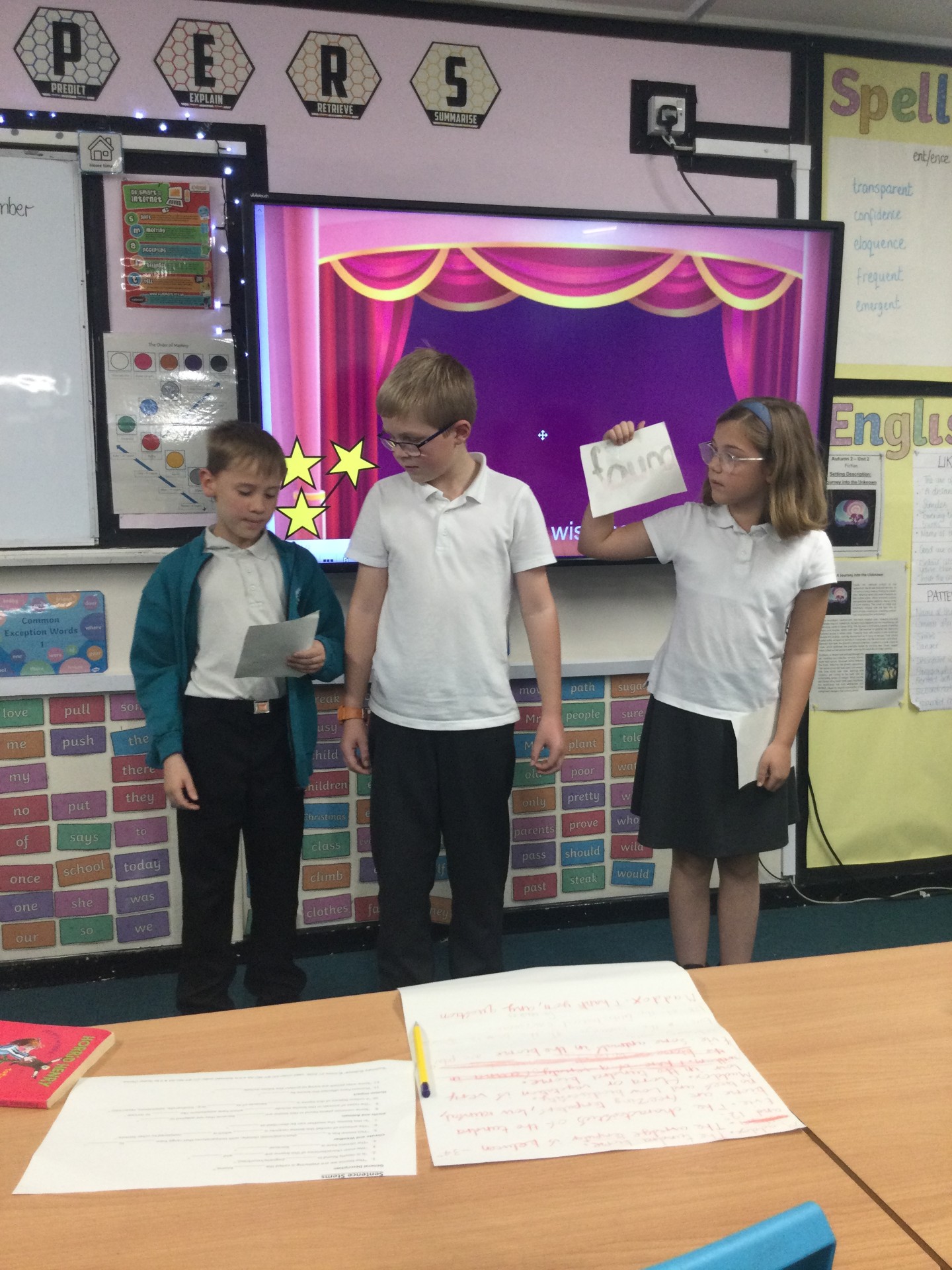- Email us
- 01752 812474
Empowering young explorers with the skills to understand, navigate and protect our world!

We aim to inspire a love for Geography by helping students understand the world, their role in it and its diverse environments, places and cultures. We encourage curiosity and exploration, from their local surroundings to the wider world. Through a balanced curriculum, engaging lessons, and dynamic hands-on activities—such as map reading, fieldwork, and comparison studies—we foster a strong understanding of both human and physical geography, equipping students with the skills they need for the future.

Take a look at how our children’s learning in geography progresses as they move from Year 3 to Year 6 and then into Key Stage 3. All lessons have been carefully considered, planned to cater for the learning needs of all children and with careful links made wherever possible to previous year/next year learning in geography and in other subjects.

Take a look at how our children’s learning in geography progresses as they move from Year 3 to Year 6 and then into Key Stage 3. All lessons have been carefully considered, planned to cater for the learning needs of all children and with careful links made wherever possible to previous year/next year learning in geography and in other subjects.

The answers to all of our ‘Big Questions’ form our Knowledge Facts. This is the knowledge that we think our children need to remember in future years, well beyond when they have left their year group and when they have left Carbeile Junior School. We have ‘Total Recall’ in all lessons, quizzing the children about past weeks, past topics and even past years learning.



In geography lessons, children can develop vital speaking and listening skills by engaging in discussions, presentations and interactive activities that help pupils express their ideas confidently. In each unit, one lesson is dedicated to developing oracy skills, allowing children to use geographical language to explain concepts, express their understanding and communicate ideas effectively with their peers.

As part of our half termly home learning sheets, there might be an element of Geography linked to one of the tasks. Please help encourage your child’s enthusiasm and enjoyment in Geography by supporting them with this home learning.

We aim to inspire a love for Geography by helping students understand the world, their role in it and its diverse environments, places and cultures. We encourage curiosity and exploration, from their local surroundings to the wider world. Through a balanced curriculum, engaging lessons, and dynamic hands-on activities—such as map reading, fieldwork, and comparison studies—we foster a strong understanding of both human and physical geography, equipping students with the skills they need for the future.

Every Geography lesson has a question as its title. By the end of unit, children are expected at the very least to remember facts that will enable them to answers these questions. They have the opportunity to demonstrate this knowledge by presenting a ‘Showstopper’. This will be a combination of written knowledge, facts and pictorial representations of their understanding.
In addition to these Showstoppers, pupils at Carbeile have a weekly quiz whereby the teacher will present a knowledge fact quiz based on subjects that they have previously covered. This ensures that children in Year 6, whilst studying units such as Natural Disasters and North America, can still remember the facts they learned in Year 3 about Settlements, The Great British Isles and Coasts.